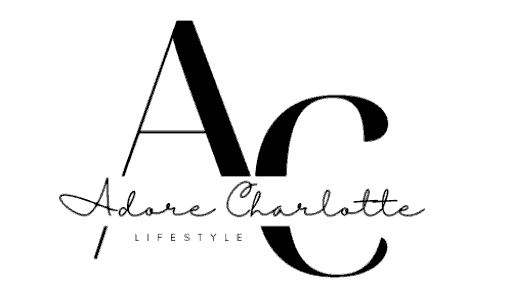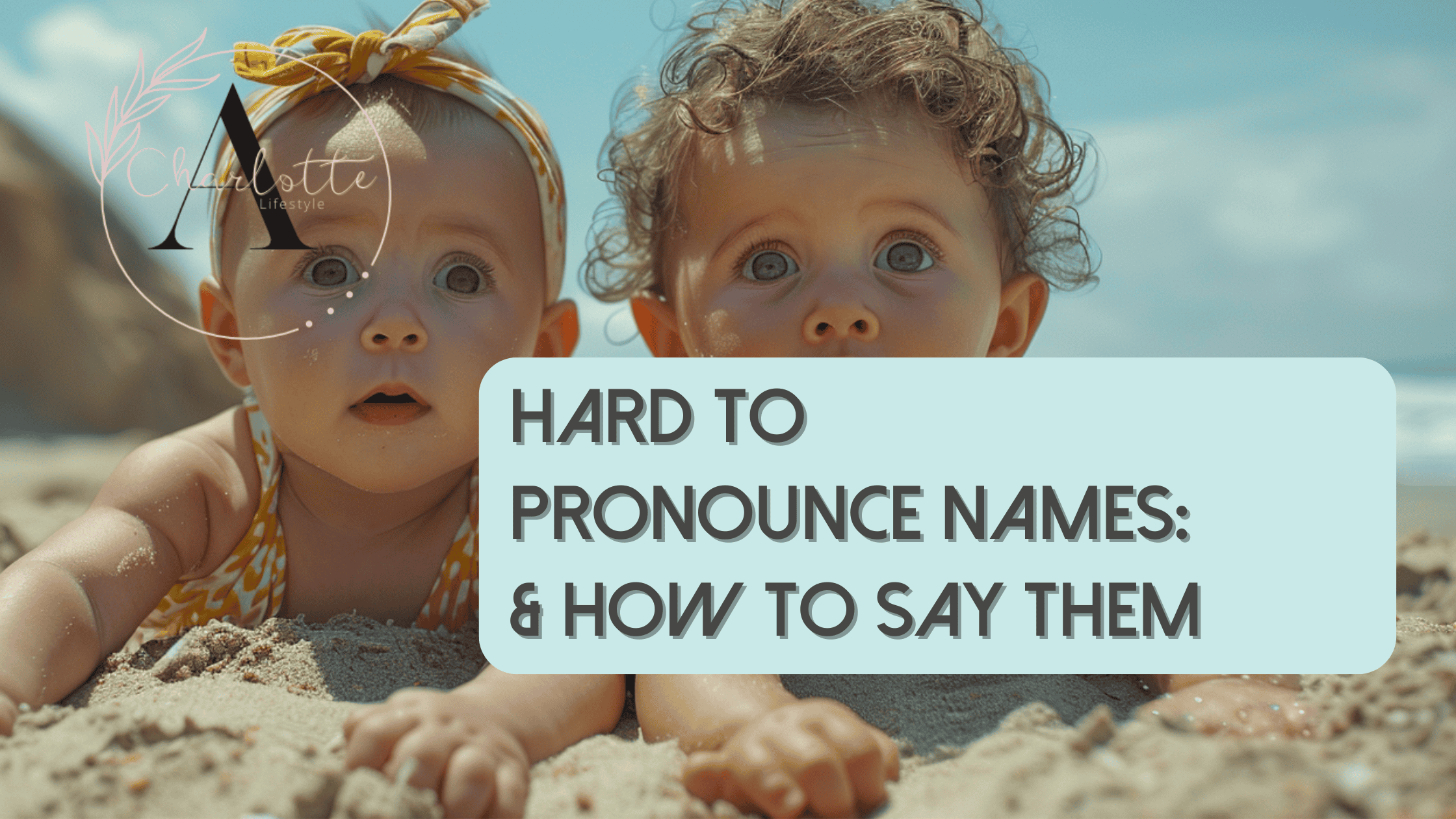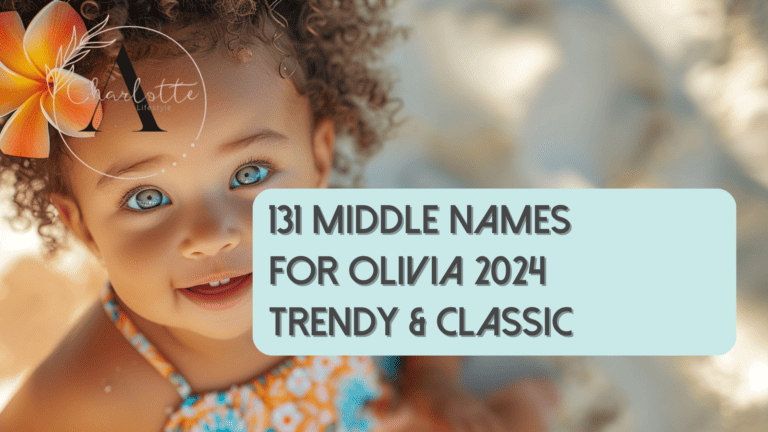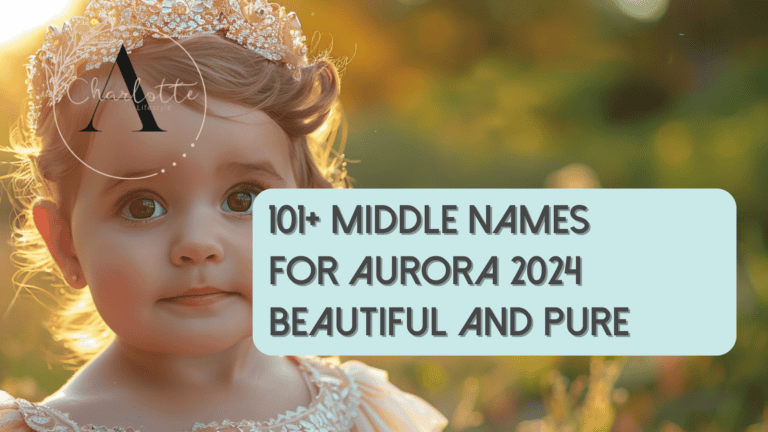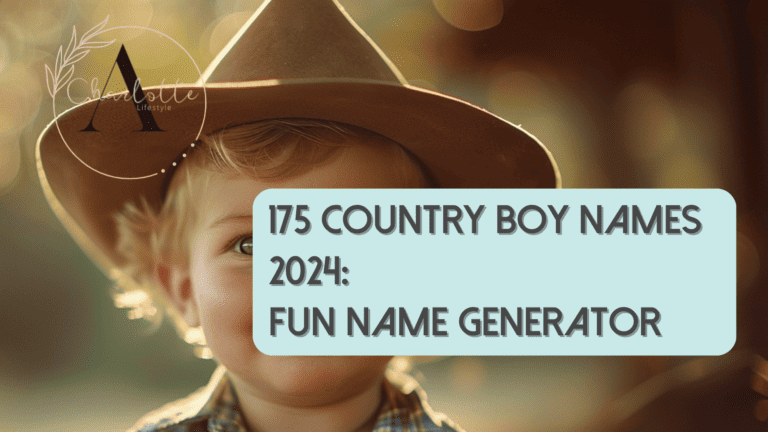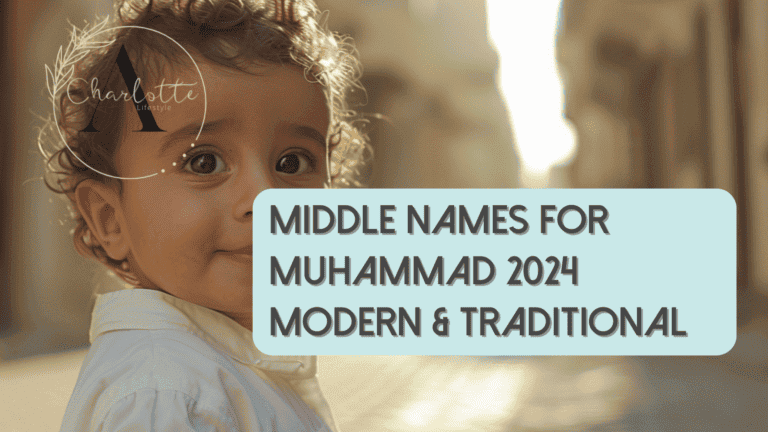Hard to Pronounce Baby Names: How to Pronounce Videos
Have you ever stumbled upon a baby name that looked beautiful on paper but left you scratching your head about its pronunciation? Navigating the tricky waters of baby naming is an art, especially when it comes to names that may not sound how they appear.
Here is a list of hard-to-pronounce baby names and how to pronounce them.
As a mum of three, I’ve navigated this thrilling path, armed with extensive research and conversations with naming experts. I cherish exploring the culture, etymology, and history behind names, so today, I’m delighted to dive into the world of hard-to-pronounce baby names and share tips on pronouncing them correctly.
This article aims to clarify the pronunciation of some challenging baby names, providing insights into their origins, meanings, variations, and additional details. Let’s demystify these lovely names, listed in alphabetical order.
Related Read: Druid Baby Names: You’ll have fun with this one!
Related Read: Elegant Baby Girl Names: You’ll fall in love!

Hard to Pronounce Baby Names
Ailbe “Al-bee”
Origin: This name has its roots in Irish and Old Gaelic.
Meaning: Ailbe means “white,” symbolizing brightness and purity.
Variations: Alby is a common variation.
Details: Ailbe is known for Saint Ailbe, an early Irish Christian missionary and patron saint of wolves.
Aoife “Ee-fa”
Origin: Derived from Gaelic origin, prominent in Irish mythology.
Meaning: Aoife means “beauty” or “radiance.”
Variations: Eve, Eva.
Details: In Irish legend, Aoife was a warrior princess, making this name synonymous with strength and courage.
Anais “Ann-ay-ees”
Origin: With origins stretching back to France.
Meaning: Anais generally means “grace.”
Variations: Anaïs is an alternative spelling.
Details: Inspired by Anais Nin, the famous French-Cuban-American diarist.
Bodhi “Bod-hi”
Origin: Bodhi is a name of Sanskrit origin.
Meaning: It signifies “awakening” or “enlightenment.”
Variations: Bodie, Bodhee.
Details: The name is inspired by the Buddhist concept of enlightenment, making it a spiritual choice for many parents.
Caoimhe “Kee-Va”
Origin: Gaelic origin, primarily used in Ireland.
Meaning: The name means “gentle” or “beautiful.”
Variations: Keeva, Keva.
Details: Caoimhe carries connotations of beauty, grace, and gentleness.
Clodagh “Clo-Dah”
Origin: Irish origin, named after the River Clodagh in County Tipperary.
Meaning: Clodagh signifies the river’s flow and purity.
Variations: Cloda, Clodagh.
Details: The name is geographically inspired, linking the bearer to nature and tranquillity.
Eilidh “Ay-ley”
Origin: Scottish origin, derived from the Gaelic.
Meaning: Eilidh means “sun,” “radiant one.”
Variations: Ailey, Ellie.
Details: This name is popular in Scotland and is often associated with the brightness and warmth of the sun.
Eoghan “Owen”
Origin: Irish and Gaelic origin, akin to the name Owen.
Meaning: Eoghan means “born from the yew tree,” symbolising longevity.
Variations: Owen, Ewan.
Details: It shares its pronunciation with Owen, making it a familiar yet distinct choice.
Isla “Eye-La”
Origin: Originally Scottish, from the name of the island Islay.
Meaning: Isla means “island.”
Variations: Ayla, Ila.
Details: Popularized globally, it evokes images of serene landscapes and simplicity.
Lachlan “Lock-Lin”
Origin: Scottish origin, particularly popular in Scotland and Australia.
Meaning: Means “from the land of lakes.”
Variations: Lachlann, Locklin.
Details: Traditionally given to children from influential families near bodies of water.
Lysette “Liz-ette”
Origin: French origin, a variant of Lisette.
Meaning: Lysette means “pledged to God.”
Variations: Lisette, Lysbeth.
Details: It carries a classic elegance, often associated with grace and spirituality.
Maeve “May-v”
Origin: Irish origin, prominent in Irish mythology.
Meaning: Maeve means “she who intoxicates.”
Variations: Maebh, Meabh.
Details: Historically, Queen Maeve was a powerful and influential figure in Irish legend.
Niamh “Nee-am”
Origin: Irish and Gaelic origin, steeped in mythology.
Meaning: Niamh translates to “bright” or “radiant.”
Variations: Neve, Neeve.
Details: In mythology, Niamh was a princess of the Otherworld, known for her beauty and brightness.
Oisín “Oh-Shane”
Origin: Irish origin, deeply rooted in Gaelic folklore.
Meaning: Oisín means “little deer.”
Variations: Ossian, Osheen.
Details: According to legend, Oisín was a poet and warrior, a figure of cultural importance.
Saoirse “Sayo-ir-see”
Origin: Irish origin, embodying freedom.
Meaning: Saoirse means “freedom” or “liberty.”
Variations: Seersha, Sorcha.
Details: The name gained popularity due to its representation of freedom and independence.
Siobhan “Shiv-Awn”
Origin: Irish origin, derived from the Hebrew name Joan.
Meaning: Siobhan means “God’s grace.”
Variations: Chevonne, Shavon.
Details: Commonly associated with Siobhan McKenna, an influential Irish actress.
Tadgh “Tige”
Origin: Gaelic origin, used primarily in Ireland.
Meaning: Tadgh means “poet” or “philosopher.”
Variations: Teague, Tadhg.
Details: The name suggests a person of thoughtful and reflective nature.
Xander “Zan-der”
Origin: Greek origin, short for Alexander.
Meaning: Xander means “defender of the people.”
Variations: Zander, Xan.
Details: A modern, shorter version of Alexander, it offers historical significance and contemporary appeal.
Xavier “Ex-Avier”
Origin: Spanish origin, from the Basque country.
Meaning: Xavier means “new house” or “bright.”
Variations: Xavi, Javier.
Details: It’s often associated with Saint Francis Xavier, known for his missionary work.

Choosing Hard-to-Pronounce Names for Your Baby
When selecting a baby name, many parents are drawn to unique names that stand out due to their unusual pronunciation. While choosing such a name can make for a distinctive and memorable choice, weighing both the advantages and challenges is important. Here’s a detailed look at the pros and cons presented in a table format:
| Pros | Cons |
|---|---|
| Uniqueness | A hard-to-pronounce name often remains unique in social and professional circles, reducing the likelihood of confusion with others. |
| Cultural Heritage | These names often carry rich cultural significance and history, allowing a child to connect deeply with their heritage. |
| Conversation Starter | A unique name can be a great conversation starter, providing an immediate topic of interest and making social interactions memorable. |
| Identity and Pride | A distinctive name can foster a strong sense of identity and pride in one’s background and uniqueness. |
Looking for more inspiration?
If you’re searching for the perfect name other than Hard to Pronounce Baby Names, consider exploring these themed lists for more ideas:
Discover a rich collection of names celebrating heritage and individuality in our 101+ Best Black Baby Girl Names: Beautiful & Unique list. Each name is chosen for its beauty and cultural significance.
Names that evoke the power of nature can be both dramatic and inspiring. Our list of 101+ Girl Names that Mean Storm, Lightning, or Thunder offers powerful options for those who appreciate the raw energy of natural phenomena.
Explore 91+ Best Black Baby Boy Names: Popular & Unique for a range of names that blend tradition with uniqueness. This list is perfect for finding a meaningful and distinct name.
Looking for something truly distinctive? 99+ City and Location Names for Girls: Unique and Underused highlight names inspired by cities and places worldwide. These names carry a sense of adventure and uniqueness, perfect for a girl who stands out.
Check out 79 Best Warrior Girl Names: Powerful & Fearless for names that convey strength and courage. These names are inspired by historical and mythical warriors, ideal for a girl who will make a powerful impact.
Finding the perfect middle name can enhance a traditional name like Muhammad. Our 91 Best Middle Names for Muhammad 2024 list offers a variety of options, ensuring a harmonious and meaningful combination.
Before You Go
Choosing a baby name is a deeply personal decision with lasting implications. Names that are hard to pronounce may carry a beautiful significance and uniqueness, linking children to their cultural roots and offering a sense of individuality. However, the challenges of such names, including potential mispronunciation and spelling errors, are essential considerations for any parent.
Whether the benefits outweigh the drawbacks depends mainly on personal values and the context in which the child will grow up. By understanding the advantages and challenges, parents can make a more informed choice that best suits their child’s identity and experiences in a global community. This article has explored hard-to-pronounce baby names, hopefully making choosing a name easier and more informed.

Information source Baby Names: Gov. UK | Office of National Statistics | Name Census: United States Demographic Data
